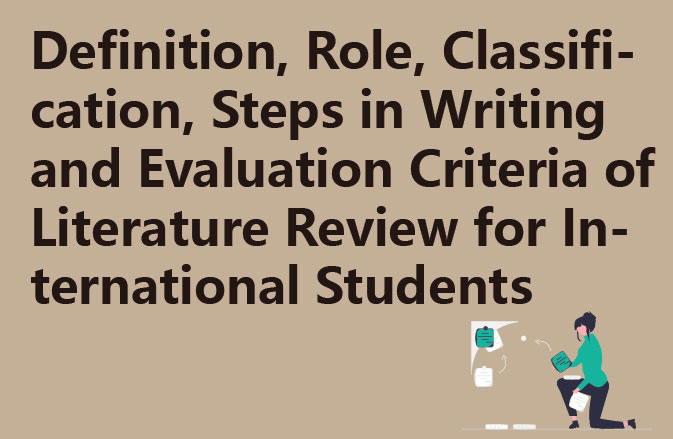Be concise: Keep your writing clear and concise and avoid long and complex sentences.
Logical coherence: There must be logical coherence and consistency between various parts.
Reasonable and feasible: Make sure your research plan is feasible in terms of resources, time and technology.
Be fully descriptive: Describe in as much detail as possible so readers can fully understand your research.
Finally, don’t forget to give your research plan a thorough review! Check for logical coherence, completeness and clarity of information, and make sure your plan answers questions your readers may have.
What to avoid in a research proposal…
Prohibit overly broad research questions
Questions that are too general will make it difficult to draw clear conclusions and will make your research plan appear unspecific.
Don’t pay too much attention to details
Although details are important, more attention needs to be paid to the overall logic and rationality of the plan to ensure that the research ideas are clear and coherent.
No first person pronouns allowed
It is recommended to express in the third person, which is more consistent with the norms and objectivity requirements of academic writing, and can better convey the content and goals of your research.
Single tense prohibited
Literature reviews generally use the past tense, subsequent research descriptions use the future tense, and future goals can be described in the future tense.




